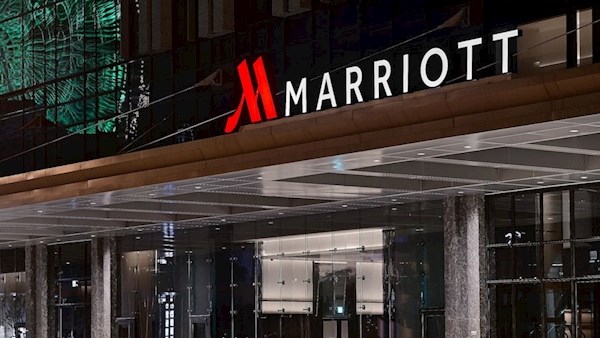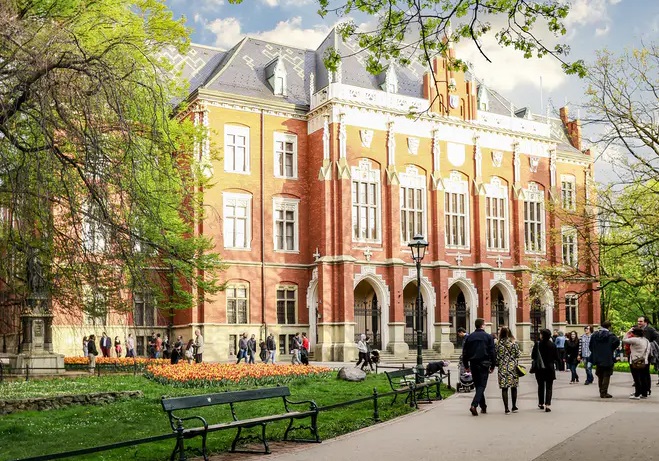Hackers behind a massive breach at hotel group Marriott International left clues suggesting they were working for a Chinese government intelligence gathering operation, according to sources familiar with the matter.
Marriott last week said a hack that began four years ago had exposed the records of up to 500 million customers in its reservation system for the chain’s Starwood hotels.
Private investigators looking into the breach have found hacking tools, techniques and procedures previously used in attacks attributed to Chinese hackers, said three sources who were not authorised to discuss the company’s private probe into the attack.
This suggests that Chinese hackers may have been behind a campaign designed to collect information for use in Beijing’s espionage efforts and not for financial gain, two of the sources said.
While China has emerged as the lead suspect in the case, the sources cautioned it was possible somebody else was behind the hack because other parties had access to the same hacking tools, some of which had been posted online before.
Identifying the culprit is further complicated by the fact that investigators suspect multiple hacking groups may have simultaneously been inside Starwood’s computer networks since 2014, said one of the sources.
Speaking in Beijing, Chinese Foreign Ministry spokesman Geng Shuang declined to comment on the issue directly but said China strongly opposed any form of hacking.
“If the relevant side has any evidence, they can provide it to the Chinese side and relevant authorities will investigate in accordance with the law,” he told a daily news briefing.
“But we resolutely oppose gratuitous accusations when it comes to Internet security.”
If investigators confirm that China was behind the attack, that could complicate already tense relations between Washington and Beijing, amid an ongoing tariff dispute and US accusations of Chinese espionage and the theft of trade secrets.
When asked about involvement of Chinese hackers, Marriott spokesman Connie Kim declined to comment and said: “We’ve got nothing to share.”
Marriott disclosed the hack last Friday, prompting US and Britain regulators to quickly launch probes into the case. Compromised customer data included names, passport numbers, addresses, telephone numbers, birth dates and e-mail addresses. A small percentage of accounts included scrambled payment card data, said Ms Kim.
Marriott acquired Starwood in 2016 for US$13.6 billion (S$18.7 billion), including the Sheraton, Westin, W Hotels, St Regis, Aloft, Le Meridien, Tribute, Four Points and Luxury Collection hotel brands, forming the world’s largest hotel operator.
The hack began in 2014, shortly after an attack on the US government’s Office of Personnel Management (OPM) compromised sensitive data on tens of millions of employees, including application forms for security clearances.
White House national security adviser John Bolton recently told reporters he believed Beijing was behind the OPM hack, a claim first made by the US in 2015. Beijing has strongly denied those charges and has also refuted charges that it was behind other hacks.
Former senior FBI official Robert Anderson told Reuters that the Marriott case looked similar to hacks that the Chinese government was conducting in 2014 as part of its intelligence operations.
“Think of the depth of knowledge they could now have about travel habits or who happened to be in a certain city at the same time as another person,” he said. “It fits with how the Chinese intelligence services think about things.”












